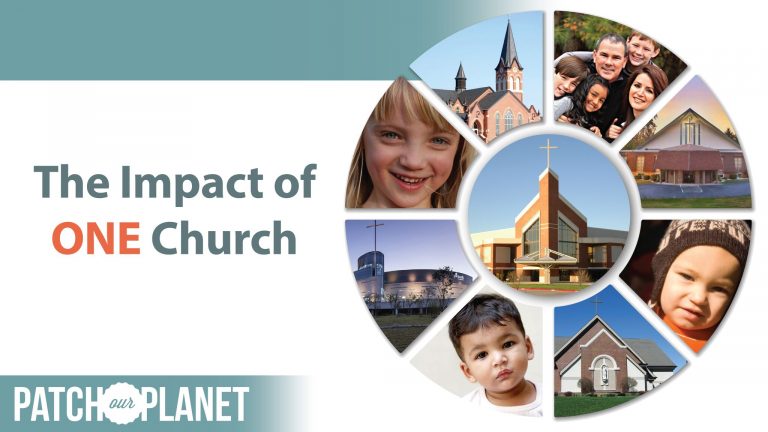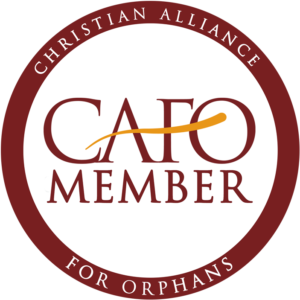It hit me one day when I was in Argentina.
The orphanage was just a stop on the way to somewhere else.
I know it’s never intentional.
But, we seldom know what more we can do for these kids other than play soccer, face paint, do crafts and put on a drama.
That’s not knocking those things because I think they are all valuable and help us to connect with the children.
But, if we really step back and ask the question, “what long term difference did we make here?” I think many of us would be dissatisfied.
That day, it hit me. I realized that there was no long term plan and that the cycle of churches “stopping by” would only continue if we didn’t change the mindset of the church.
That means the children perform their songs and the director shares his most gut-wrenching, real life stories with the “visitors” hoping they’ll get some kind of support to continue their work. (See my post on why I want to end those stories here)
Put yourself in their shoes. Team comes. Team goes. Team comes. Team goes. Team cries, then leaves.
If you were in that orphanage, what do you think your reaction would be?
Would you ask the question, “why do all these people shower me with love and then leave with tears in their eyes”?
Does that really paint a clear picture of God’s love? Maybe more of a confusing picture? I suspect our teams are leaving with the “benefit”. Our lives are changed dramatically when confronted with such tough life circumstances. We cannot live like we used to and be satisfied when we return home. That’s a good benefit. But, we have to remember the children in these orphanages.
They are likely still at that same orphanage.
What could we have done?
I think we have to go deeper than just “supporting an orphanage” or “monthly support for a child”. This can be a great starting point, but it’s important that we don’t just stay there. Let’s shoot for the best result and not just a good result.
What if our teams decided they would never visit an orphanage without the local church by their side, making sure that work would continue when they were gone?
What if our teams decided that it was more important to help find families for these children rather than just perform acts of service? Why not both?
What if our teams worked alongside of local churches to help give the orphanage directors and caretakers a much needed break?
What if those same churches provided volunteer support?
What if our teams decided it was important enough to work with the local church to bring together other church leaders in the region and offer ideas about how to answer local problems (orphan care) with local solutions (churches, etc.)?
Is there something more that can be done?
I have come to find out since that day when I began to pursue other solutions that, yes, there is a better way. The church is the best way and we have to be engaged in every community.
That’s what we are all about now.
We cannot be satisfied with good enough.
Steve Gillis Founder | Exec. Director www.patchourplanet.org



